Copyright Law in Education
-
Copyright laws are designed to give authors and creators protection from illegal copying of their ideas and work. As educators, we are granted some exceptions to copyright law, but only for educational purposes and only with limitations.If you are looking for resources that are free and legal to use in the classroom, we highly recommend looking for resources licensed under a Creative Commons license. A Creative Commons license allows creators to communicate what copyright limits they want on their work-- whether another person can copy their work, modify it, or use it for commercial purposes. You will know that a creator is using a Creative Commons license when you see this icon:
 Most content platforms offer Creative Commons licenses, including Flickr, Vimeo, YouTube, and Wikipedia. You can search for these resources directly on these platforms using their Search Options, find them in Google Images using the Search Tools options to limited usage rights, or search over a billion resources using the Creative Commons Search created by the founders of the Creative Commons license:Below are some general guidelines for allowable uses in education for non-Creative Commons resources. Your school librarian is your expert on copyright law and fair use in education guidelines, and they can provide answers to any questions you may have.
Most content platforms offer Creative Commons licenses, including Flickr, Vimeo, YouTube, and Wikipedia. You can search for these resources directly on these platforms using their Search Options, find them in Google Images using the Search Tools options to limited usage rights, or search over a billion resources using the Creative Commons Search created by the founders of the Creative Commons license:Below are some general guidelines for allowable uses in education for non-Creative Commons resources. Your school librarian is your expert on copyright law and fair use in education guidelines, and they can provide answers to any questions you may have.





